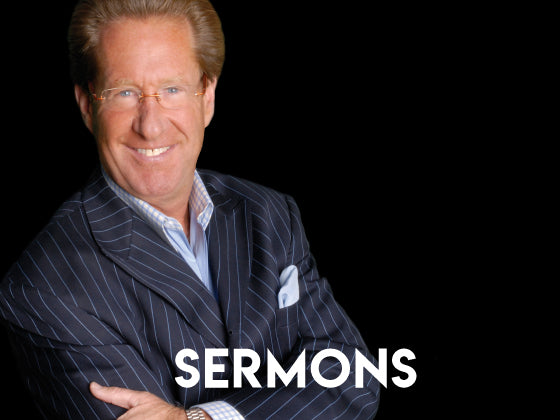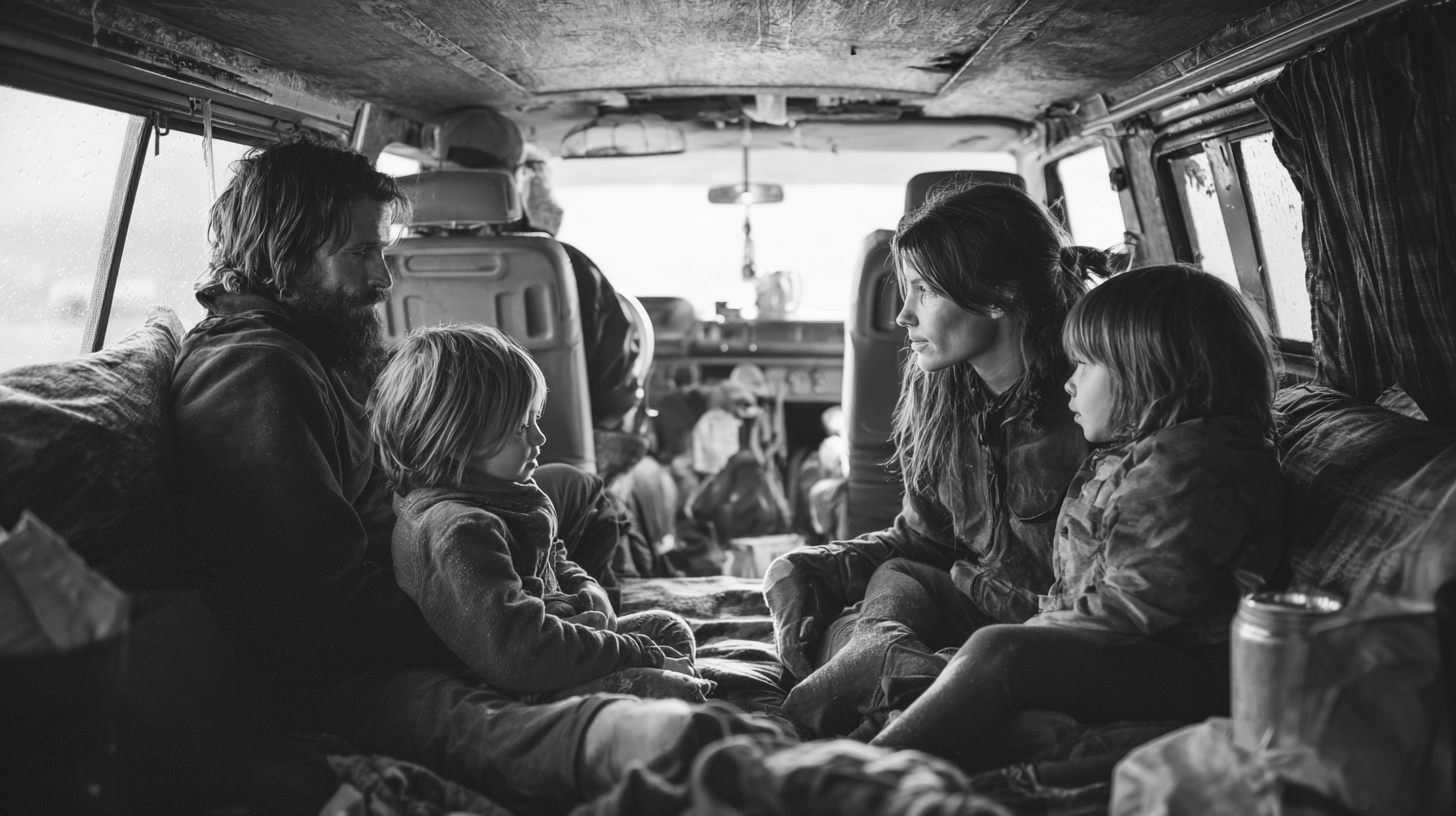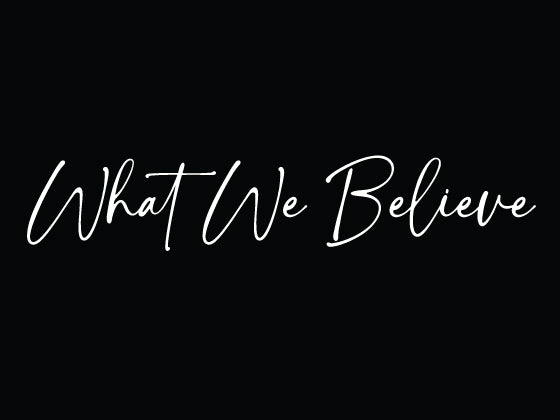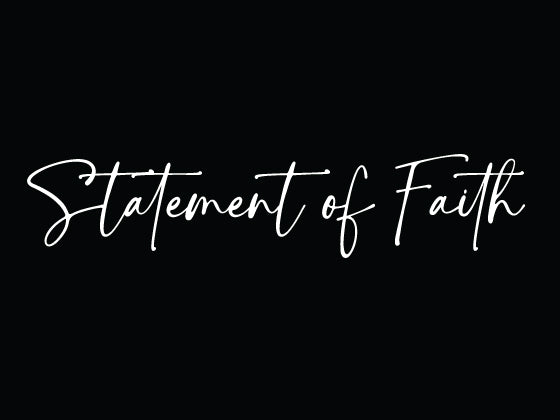Today's Scriptures | Leviticus 15-17 and Matthew 27:1-31
Leviticus 15-17
Discharges Causing Uncleanness
15 The Lord said to Moses and Aaron, 2 “Speak to the Israelites and say to them: ‘When any man has an unusual bodily discharge, such a discharge is unclean.3 Whether it continues flowing from his body or is blocked, it will make him unclean. This is how his discharge will bring about uncleanness:
4 “‘Any bed the man with a discharge lies on will be unclean, and anything he sits on will be unclean. 5 Anyone who touches his bed must wash their clothes and bathe with water, and they will be unclean till evening. 6 Whoever sits on anything that the man with a discharge sat on must wash their clothes and bathe with water, and they will be unclean till evening.
7 “‘Whoever touches the man who has a discharge must wash their clothes and bathe with water, and they will be unclean till evening.
8 “‘If the man with the discharge spits on anyone who is clean, they must wash their clothes and bathe with water, and they will be unclean till evening.
9 “‘Everything the man sits on when riding will be unclean, 10 and whoever touches any of the things that were under him will be unclean till evening; whoever picks up those things must wash their clothes and bathe with water, and they will be unclean till evening.
11 “‘Anyone the man with a discharge touches without rinsing his hands with water must wash their clothes and bathe with water, and they will be unclean till evening.
12 “‘A clay pot that the man touches must be broken, and any wooden article is to be rinsed with water.
13 “‘When a man is cleansed from his discharge, he is to count off seven days for his ceremonial cleansing; he must wash his clothes and bathe himself with fresh water, and he will be clean. 14 On the eighth day he must take two doves or two young pigeons and come before the Lord to the entrance to the tent of meeting and give them to the priest. 15 The priest is to sacrifice them, the one for a sin offering[a] and the other for a burnt offering. In this way he will make atonement before the Lord for the man because of his discharge.
16 “‘When a man has an emission of semen, he must bathe his whole body with water, and he will be unclean till evening. 17 Any clothing or leather that has semen on it must be washed with water, and it will be unclean till evening.18 When a man has sexual relations with a woman and there is an emission of semen, both of them must bathe with water, and they will be unclean till evening.
19 “‘When a woman has her regular flow of blood, the impurity of her monthly period will last seven days, and anyone who touches her will be unclean till evening.
20 “‘Anything she lies on during her period will be unclean, and anything she sits on will be unclean. 21 Anyone who touches her bed will be unclean; they must wash their clothes and bathe with water, and they will be unclean till evening.22 Anyone who touches anything she sits on will be unclean; they must wash their clothes and bathe with water, and they will be unclean till evening.23 Whether it is the bed or anything she was sitting on, when anyone touches it, they will be unclean till evening.
24 “‘If a man has sexual relations with her and her monthly flow touches him, he will be unclean for seven days; any bed he lies on will be unclean.
25 “‘When a woman has a discharge of blood for many days at a time other than her monthly period or has a discharge that continues beyond her period, she will be unclean as long as she has the discharge, just as in the days of her period.26 Any bed she lies on while her discharge continues will be unclean, as is her bed during her monthly period, and anything she sits on will be unclean, as during her period. 27 Anyone who touches them will be unclean; they must wash their clothes and bathe with water, and they will be unclean till evening.
28 “‘When she is cleansed from her discharge, she must count off seven days, and after that she will be ceremonially clean. 29 On the eighth day she must take two doves or two young pigeons and bring them to the priest at the entrance to the tent of meeting. 30 The priest is to sacrifice one for a sin offering and the other for a burnt offering. In this way he will make atonement for her before the Lord for the uncleanness of her discharge.
31 “‘You must keep the Israelites separate from things that make them unclean, so they will not die in their uncleanness for defiling my dwelling place,[b] which is among them.’”
32 These are the regulations for a man with a discharge, for anyone made unclean by an emission of semen, 33 for a woman in her monthly period, for a man or a woman with a discharge, and for a man who has sexual relations with a woman who is ceremonially unclean.
The Day of Atonement
16 The Lord spoke to Moses after the death of the two sons of Aaron who died when they approached the Lord. 2 The Lord said to Moses: “Tell your brother Aaron that he is not to come whenever he chooses into the Most Holy Placebehind the curtain in front of the atonement cover on the ark, or else he will die. For I will appear in the cloud over the atonement cover.
3 “This is how Aaron is to enter the Most Holy Place: He must first bring a young bull for a sin offering[c] and a ram for a burnt offering. 4 He is to put on the sacred linen tunic, with linen undergarments next to his body; he is to tie the linen sash around him and put on the linen turban. These are sacred garments;so he must bathe himself with water before he puts them on. 5 From the Israelite community he is to take two male goats for a sin offering and a ram for a burnt offering.
6 “Aaron is to offer the bull for his own sin offering to make atonement for himself and his household. 7 Then he is to take the two goats and present them before the Lord at the entrance to the tent of meeting. 8 He is to cast lots for the two goats—one lot for the Lord and the other for the scapegoat.[d] 9 Aaron shall bring the goat whose lot falls to the Lord and sacrifice it for a sin offering. 10 But the goat chosen by lot as the scapegoat shall be presented alive before the Lord to be used for making atonement by sending it into the wilderness as a scapegoat.
11 “Aaron shall bring the bull for his own sin offering to make atonement for himself and his household, and he is to slaughter the bull for his own sin offering.12 He is to take a censer full of burning coals from the altar before the Lord and two handfuls of finely ground fragrant incense and take them behind the curtain.13 He is to put the incense on the fire before the Lord, and the smoke of the incense will conceal the atonement cover above the tablets of the covenant law, so that he will not die. 14 He is to take some of the bull’s blood and with his finger sprinkle it on the front of the atonement cover; then he shall sprinkle some of it with his finger seven times before the atonement cover.
15 “He shall then slaughter the goat for the sin offering for the people and take its blood behind the curtain and do with it as he did with the bull’s blood: He shall sprinkle it on the atonement cover and in front of it. 16 In this way he will make atonement for the Most Holy Place because of the uncleanness and rebellion of the Israelites, whatever their sins have been. He is to do the same for the tent of meeting, which is among them in the midst of their uncleanness. 17 No one is to be in the tent of meeting from the time Aaron goes in to make atonement in the Most Holy Place until he comes out, having made atonement for himself, his household and the whole community of Israel.
18 “Then he shall come out to the altar that is before the Lord and make atonement for it. He shall take some of the bull’s blood and some of the goat’s blood and put it on all the horns of the altar. 19 He shall sprinkle some of the blood on it with his finger seven times to cleanse it and to consecrate it from the uncleanness of the Israelites.
20 “When Aaron has finished making atonement for the Most Holy Place, the tent of meeting and the altar, he shall bring forward the live goat. 21 He is to lay both hands on the head of the live goat and confess over it all the wickedness and rebellion of the Israelites—all their sins—and put them on the goat’s head. He shall send the goat away into the wilderness in the care of someone appointed for the task. 22 The goat will carry on itself all their sins to a remote place; and the man shall release it in the wilderness.
23 “Then Aaron is to go into the tent of meeting and take off the linen garmentshe put on before he entered the Most Holy Place, and he is to leave them there.24 He shall bathe himself with water in the sanctuary area and put on his regular garments. Then he shall come out and sacrifice the burnt offering for himself and the burnt offering for the people, to make atonement for himself and for the people. 25 He shall also burn the fat of the sin offering on the altar.
26 “The man who releases the goat as a scapegoat must wash his clothes and bathe himself with water; afterward he may come into the camp. 27 The bull and the goat for the sin offerings, whose blood was brought into the Most Holy Place to make atonement, must be taken outside the camp; their hides, flesh and intestines are to be burned up. 28 The man who burns them must wash his clothes and bathe himself with water; afterward he may come into the camp.
29 “This is to be a lasting ordinance for you: On the tenth day of the seventh month you must deny yourselves[e] and not do any work—whether native-bornor a foreigner residing among you— 30 because on this day atonement will be made for you, to cleanse you. Then, before the Lord, you will be clean from all your sins. 31 It is a day of sabbath rest, and you must deny yourselves; it is a lasting ordinance. 32 The priest who is anointed and ordained to succeed his father as high priest is to make atonement. He is to put on the sacred linen garments 33 and make atonement for the Most Holy Place, for the tent of meeting and the altar, and for the priests and all the members of the community.
34 “This is to be a lasting ordinance for you: Atonement is to be made once a year for all the sins of the Israelites.”
And it was done, as the Lord commanded Moses.
Eating Blood Forbidden
17 The Lord said to Moses, 2 “Speak to Aaron and his sons and to all the Israelites and say to them: ‘This is what the Lord has commanded: 3 Any Israelite who sacrifices an ox,[f] a lamb or a goat in the camp or outside of it 4 instead of bringing it to the entrance to the tent of meeting to present it as an offering to the Lord in front of the tabernacle of the Lord—that person shall be considered guilty of bloodshed; they have shed blood and must be cut off from their people.5 This is so the Israelites will bring to the Lord the sacrifices they are now making in the open fields. They must bring them to the priest, that is, to the Lord, at the entrance to the tent of meeting and sacrifice them as fellowship offerings. 6 The priest is to splash the blood against the altar of the Lord at the entrance to the tent of meeting and burn the fat as an aroma pleasing to the Lord. 7 They must no longer offer any of their sacrifices to the goat idols[g] to whom they prostitute themselves. This is to be a lasting ordinance for them and for the generations to come.’
8 “Say to them: ‘Any Israelite or any foreigner residing among them who offers a burnt offering or sacrifice 9 and does not bring it to the entrance to the tent of meeting to sacrifice it to the Lord must be cut off from the people of Israel.
10 “‘I will set my face against any Israelite or any foreigner residing among them who eats blood, and I will cut them off from the people. 11 For the life of a creature is in the blood, and I have given it to you to make atonement for yourselves on the altar; it is the blood that makes atonement for one’s life.[h]12 Therefore I say to the Israelites, “None of you may eat blood, nor may any foreigner residing among you eat blood.”
13 “‘Any Israelite or any foreigner residing among you who hunts any animal or bird that may be eaten must drain out the blood and cover it with earth,14 because the life of every creature is its blood. That is why I have said to the Israelites, “You must not eat the blood of any creature, because the life of every creature is its blood; anyone who eats it must be cut off.”
15 “‘Anyone, whether native-born or foreigner, who eats anything found dead or torn by wild animals must wash their clothes and bathe with water, and they will be ceremonially unclean till evening; then they will be clean. 16 But if they do not wash their clothes and bathe themselves, they will be held responsible.’”
Matthew 27:1-31
Judas Hangs Himself
27 Early in the morning, all the chief priests and the elders of the people made their plans how to have Jesus executed. 2 So they bound him, led him away and handed him over to Pilate the governor.
3 When Judas, who had betrayed him, saw that Jesus was condemned, he was seized with remorse and returned the thirty pieces of silver to the chief priests and the elders. 4 “I have sinned,” he said, “for I have betrayed innocent blood.”
“What is that to us?” they replied. “That’s your responsibility.”
5 So Judas threw the money into the temple and left. Then he went away and hanged himself.
6 The chief priests picked up the coins and said, “It is against the law to put this into the treasury, since it is blood money.” 7 So they decided to use the money to buy the potter’s field as a burial place for foreigners. 8 That is why it has been called the Field of Blood to this day. 9 Then what was spoken by Jeremiah the prophet was fulfilled: “They took the thirty pieces of silver, the price set on him by the people of Israel, 10 and they used them to buy the potter’s field, as the Lord commanded me.”[a]
Jesus Before Pilate
11 Meanwhile Jesus stood before the governor, and the governor asked him, “Are you the king of the Jews?”
“You have said so,” Jesus replied.
12 When he was accused by the chief priests and the elders, he gave no answer.13 Then Pilate asked him, “Don’t you hear the testimony they are bringing against you?” 14 But Jesus made no reply, not even to a single charge—to the great amazement of the governor.
15 Now it was the governor’s custom at the festival to release a prisoner chosen by the crowd. 16 At that time they had a well-known prisoner whose name was Jesus[b] Barabbas. 17 So when the crowd had gathered, Pilate asked them, “Which one do you want me to release to you: Jesus Barabbas, or Jesus who is called the Messiah?” 18 For he knew it was out of self-interest that they had handed Jesus over to him.
19 While Pilate was sitting on the judge’s seat, his wife sent him this message: “Don’t have anything to do with that innocent man, for I have suffered a great deal today in a dream because of him.”
20 But the chief priests and the elders persuaded the crowd to ask for Barabbas and to have Jesus executed.
21 “Which of the two do you want me to release to you?” asked the governor.
“Barabbas,” they answered.
22 “What shall I do, then, with Jesus who is called the Messiah?” Pilate asked.
They all answered, “Crucify him!”
23 “Why? What crime has he committed?” asked Pilate.
But they shouted all the louder, “Crucify him!”
24 When Pilate saw that he was getting nowhere, but that instead an uproar was starting, he took water and washed his hands in front of the crowd. “I am innocent of this man’s blood,” he said. “It is your responsibility!”
25 All the people answered, “His blood is on us and on our children!”
26 Then he released Barabbas to them. But he had Jesus flogged, and handed him over to be crucified.
The Soldiers Mock Jesus
27 Then the governor’s soldiers took Jesus into the Praetorium and gathered the whole company of soldiers around him. 28 They stripped him and put a scarlet robe on him, 29 and then twisted together a crown of thorns and set it on his head. They put a staff in his right hand. Then they knelt in front of him and mocked him. “Hail, king of the Jews!” they said. 30 They spit on him, and took the staff and struck him on the head again and again. 31 After they had mocked him, they took off the robe and put his own clothes on him. Then they led him away to crucify him.










